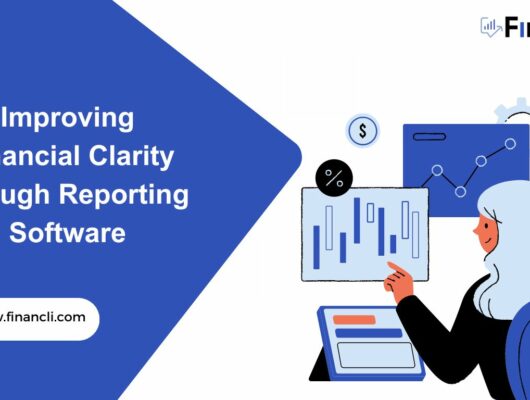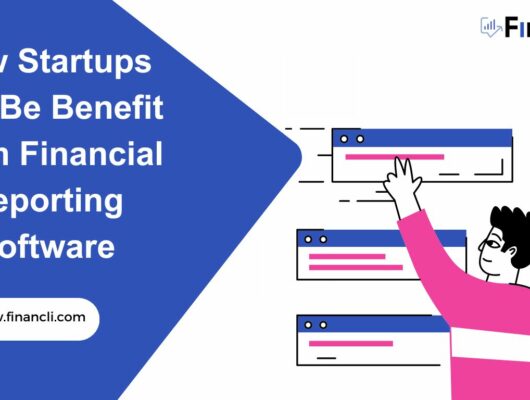Are you looking for a financial advisor?
When it comes to financial planning and analysis, one size does not fit all. There is no magical number for how much you should have in savings or how much you should Invest. Instead, your financial models and plan should be tailored to your unique circumstances and goals.
A financial planner can help you make a personalized plan that considers your income, debts, expenses, and goals. They can also help you make informed decisions about investing and saving for retirement. This is a person who can help you with all your financial goals and challenges. However, before you make any major decisions, it’s essential to ask the right questions.
You’re about to hire a financial planning advisor. A financial planner can provide guidance and support if you need help figuring out where to start. They can help you develop a realistic budget, set financial goals, and plan to reach those goals. With their help, you can take control of your company’s finances and improve your financial well-being.
Need For Asking Questions
Nearly everyone has questions about money, but only some know where to find answers. Trust is very hard to come by, and financial planning advisors are no exception. With so many advisors, figuring out who to trust can be challenging.

That’s why it’s essential to ask the right questions when considering hiring a financial planner. First, find out if a financial advisor is the right match for you. Here are ten key questions that will help you weed out the bad apples and find a qualified professional to help you achieve your financial goals.
1. What Services Do They Offer?
When you’re interviewing potential financial advisors, be sure to ask about the services they offer. A good financial advisor can offer wide-ranging services to help you meet your financial goals.
When it comes to the role fp&a, here are some of the most common services that you might need from a financial advisor:
Investment Management
If you have investments, a financial advisor will help you manage them and ensure that they are performing well. They can also help you diversify your investment portfolio so that you are not too exposed to any particular asset class.
Retirement planning
A financial advisor can help you plan for retirement by estimating how much money you will need to have saved up to live comfortably. They can also help you choose the right mix of investments for your retirement account to maximize your returns while minimizing risk.
Tax planning
A financial advisor can help you find tax-efficient ways to invest your money and reduce your tax bill. They can also help you plan for any capital gains taxes that might be due when you sell an investment.
Ask about the fees associated with each service so you can compare them and choose the one that’s right for you. They can also help you set up a budget and track your progress towards your financial goals.
2. How Do You Get Paid?
You need to ask a financial advisor how they get paid. This is essential because you need to know how the financial advisor is compensated.
There are three main ways that financial advisors get paid: they can either charge a commission, a fee-based rate, or a combination of both. Commissions are typically charged on products such as mutual funds and insurance products. Fee-based rates are usually a percentage of those assets managed by the financial advisor. Some financial planners charge an hourly rate.
The key thing to remember is to be comfortable with how the financial advisor is being paid. It’s important to know if they’re charging an hourly rate or a percentage of the assets they manage for you. This will help you determine if they’re the right fit for your needs.
3. What Is Your Experience?
When it comes to financial advice, experience matters, when meeting with a potential advisor, be sure to ask about their experience in the industry, as well as their experience working with clients like you.
An experienced advisor will provide insights and perspectives to help you make better financial decisions. They will also be better equipped to handle any challenges that may come up along the way.
If you need someone to help you navigate your financial future, ask about their experience. An experienced advisor can make all the difference in helping you reach your goals.
4. What Are Your Qualifications?
When finding a financial advisor, one of the most important questions you can ask is, “What are your qualifications?”
The answer to this question will give you insight into whether or not the financial advisor is qualified to help you reach your financial goals.
You need to look for a few things when evaluating a financial advisor’s qualifications:
- First, you’ll want to make sure that they have experience in the areas that are most important to you.
- Second, you’ll want to find out if they have any special certifications or designations that would make them more qualified to give financial advice.
- Finally, you’ll want to ask about their educational background and see if they have any degrees or other professional credentials in finance or accounting.
5. Who Will Have Access to Your Information?
You need to be sure that you are working with someone with your best interests at heart when it comes to your company’s finances. That is why it is important to ask your financial advisor who will have access to your information.
You should always be aware of who handles your money and what they do with it. If you are uncomfortable with someone having access to your financial statements and information, you need to find a new financial advisor.
It is also very important to be sure that your financial advisor has adequate insurance in case of any errors or theft. You want to avoid being left in a difficult situation because your advisor needs the proper coverage.
By asking this question, you can better understand how your financial advisor operates and whether or not they are someone you can trust.
6. What Are Their Investment Philosophies?
When interviewing potential financial advisors, you must ask about their investment philosophies. This will help you determine if they’re a good fit for your needs. Investments play a vital role in your overall financial health, and you want to work with an advisor who uses methods you are comfortable with.
Most financial advisors have one of three investment philosophies:
- Passive investing is investing in index funds and not trying to beat the market.
- Active investing is trying to beat the market by picking individual stocks.
- Hybrid investing is a mix of the two approaches.
The right investment philosophy for you depends on your goals, risk tolerance, and time horizon. For example, if you’re retired or close to retirement, you may want a more passive approach, so you don’t have to worry about losing money in a down market. On the other hand, if you’re young and have a long-time horizon, you may be willing to take more risks in pursuit of higher returns.
7. Do They Have Any Conflicts of Interest?
When looking for someone to help you with your company’s finances, it’s important to ensure they don’t have any conflicts of interest. A conflict of interest is when someone has a personal stake in the outcome of their advice.
For example, if your financial advisor is also selling you insurance, they may need to give you the best possible advice because they’re more interested in making a commission.
It is essential to ask your financial advisor about any potential conflicts of interest before working with them. You can also look for independent financial advisors with no conflicts of interest.
8. Who Is Their Ideal Client?
A good financial advisor will always take the time to get to know the clients and understand their unique financial goals. They will ask questions about your current financial situation, short-term and long term goals, and risk tolerance. Based on this information, they will develop a personalized financial plan tailored to your needs.
The ideal client for a financial advisor is willing to share their financial goals and concerns openly. They are also willing to listen to their advisor’s advice and follow through with the recommended plan. As a result, the advisor and client can create a roadmap to financial success.
9. What If You’re Not Happy with their Results?
Ask a financial advisor how they would handle your account if you are unhappy with the results. Many financial advisors have a process for addressing dissatisfaction, but some may only be willing to work with you if you’re happy. When asking a financial advisor about their policies on dissatisfied clients, here are some things to consider.
- Are you willing to work with me if I’m unhappy with the results?
- Are there any steps I need to take for you to continue working with me?
- Will you refund all or part of my fee if I am unhappy with the results?
If you’re not happy with your financial advisor’s results, you can do a few things:
- Evaluate your expectations. Make sure you’re realistic about your financial goals and what your advisor can do to help you achieve them.
- Take a look at your communication style. Are you clear and concise when conveying your goals to your advisor? If they need help understanding what you’re trying to achieve, it may be difficult for them to understand what you’re trying to achieve.
- Consider whether or not you’re providing all of the necessary information to your advisor.
They can help you reach your goals if they have all the facts. If you’ve taken these steps and still need to be happier with your results, it can be time to find a new financial advisor who better meets your needs.
10. Which Software Will You Use To Report
When it comes to your company’s finances, it’s important to have all the facts. That’s why, when you’re working with a financial advisor or financial analyst, it’s important to know what kind of software they’ll be using to report.
There are a lot of different financial software programs out there, and each has its own advantages and disadvantages. You want to make sure that your financial advisor is using a program that will give you the most accurate information possible.
Ask your potential financial advisor about the software they use and how they keep up with changes in the industry. Make sure you’re getting the best advice possible by choosing an advisor who uses quality reporting software.
Pro Tip
Fp&a teams can use Financli to help their clients with the company’s overall financial health.. Our software is easy to use and understand, yet very powerful. Financial Planning Advisors can save time and make more money by using our software. Sign up for our Financial Planning software!
Conclusion
After researching and meeting with different financial advisors, you should know what you need. If you still need clarification or more detail about certain topics, ask for clarification or more detail about certain topics. Remember, this is your money and your future. It would be best if you were comfortable with the person you’re working with.
Finally, don’t be afraid to say no. If an advisor is pushing an investment that feels wrong, trust your gut. There are many options out there, and you want to ensure you make the best decision for your money.






